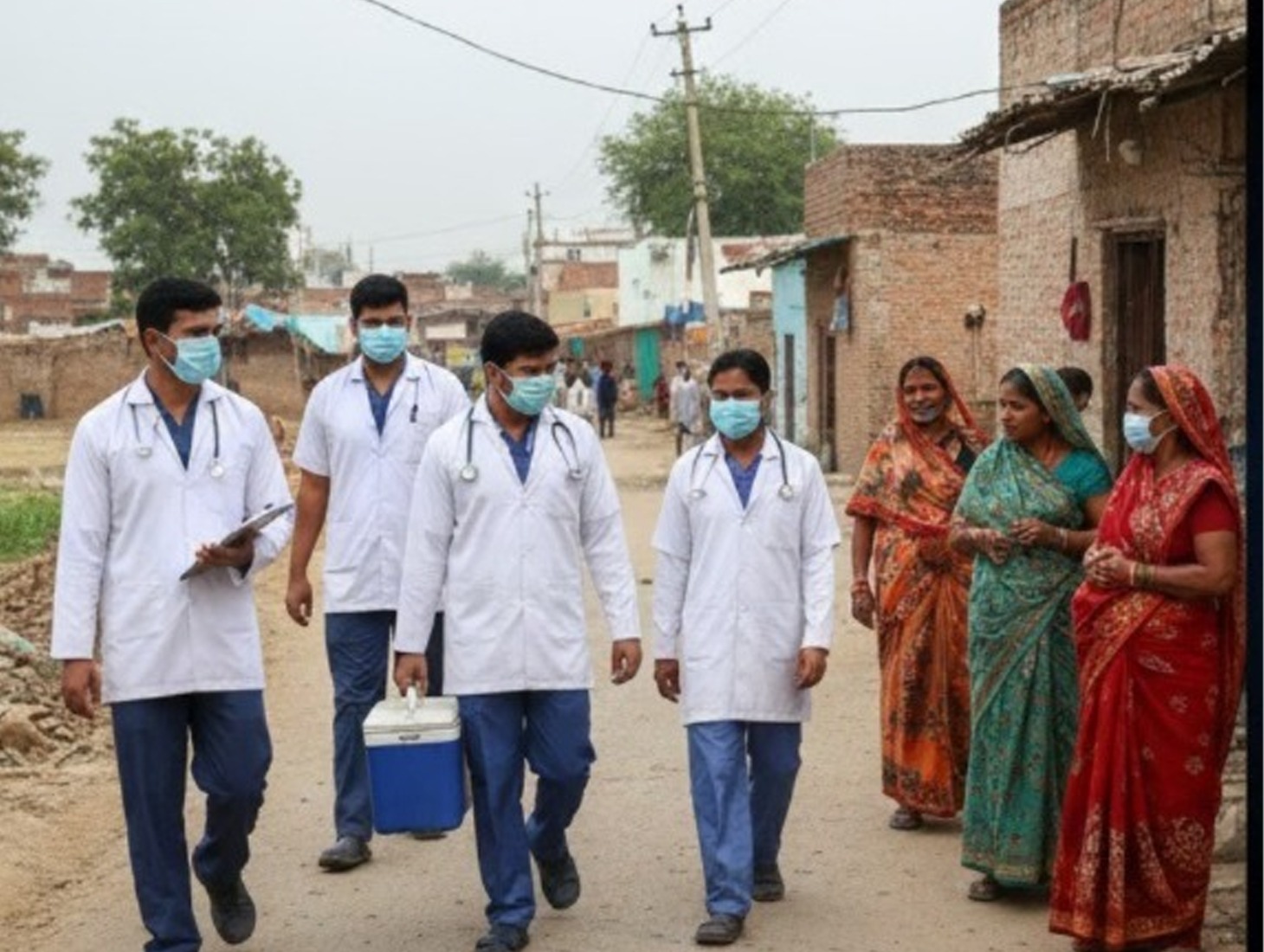Damini Sharma
North News
Chandigarh, November 26
Winter often leads to unnoticed dehydration due to reduced thirst, dry indoor air, and invisible sweating, increasing the risk of health complications like kidney stones, strokes, and heart issues. Experts emphasize the importance of drinking water regularly during the colder months, even when not feeling thirsty. Dehydration can also impair digestion, cognitive function, and immune health. Health professionals advise incorporating hydrating foods, warm beverages, and setting reminders to ensure adequate fluid intake, particularly for vulnerable groups like the elderly and infants, to prevent dehydration-related health risks.
Health experts are raising awareness about the importance of staying hydrated during winter, as dehydration risks often go unnoticed in colder months. Reduced thirst, drier indoor air, and increased water loss from breathing and urination can lead to serious health complications, including kidney stones, strokes, and cardiovascular issues.
According to Massachusetts General Hospital, dehydration can occur in winter due to factors like invisible sweating and moisture loss from the skin in dry conditions. “Regardless of the temperature, staying hydrated is essential for the body to function properly,” the hospital stated. A lack of hydration can also increase the risk of constipation, urinary tract infections, and impaired immune function.
The Hindustan Times reports that reduced water intake during winter impacts digestion, cognitive performance, and overall body functions. Many individuals fail to recognize thirst in colder weather, leading to symptoms like headaches and fatigue. To combat this, experts recommend hydrating foods, infused drinks, and warm beverages to maintain fluid levels.
The Times of India highlights the connection between dehydration and heart health, noting that dry air and unnoticed sweat loss can strain the cardiovascular system. A study in North India found a significant increase in strokes during winter, attributed to factors like dehydration and colder temperatures.
Heart.org adds that indoor heating systems create dry environments, increasing water loss through breathing. “In cold conditions, kidneys excrete more urine, further contributing to fluid depletion,” said Stavros Kavouras, Director of the Hydration Science Lab at Arizona State University.
Common signs of dehydration include dark urine, dry mouth, dizziness, and irritability. Infants and the elderly are particularly vulnerable. Severe symptoms like reduced urine output, persistent fever, or prolonged diarrhea require immediate medical attention.
Experts recommend drinking water consistently throughout the day, regardless of thirst levels, and setting reminders to ensure adequate intake. Hydration is key to preventing health complications and maintaining overall well-being during the winter months.















